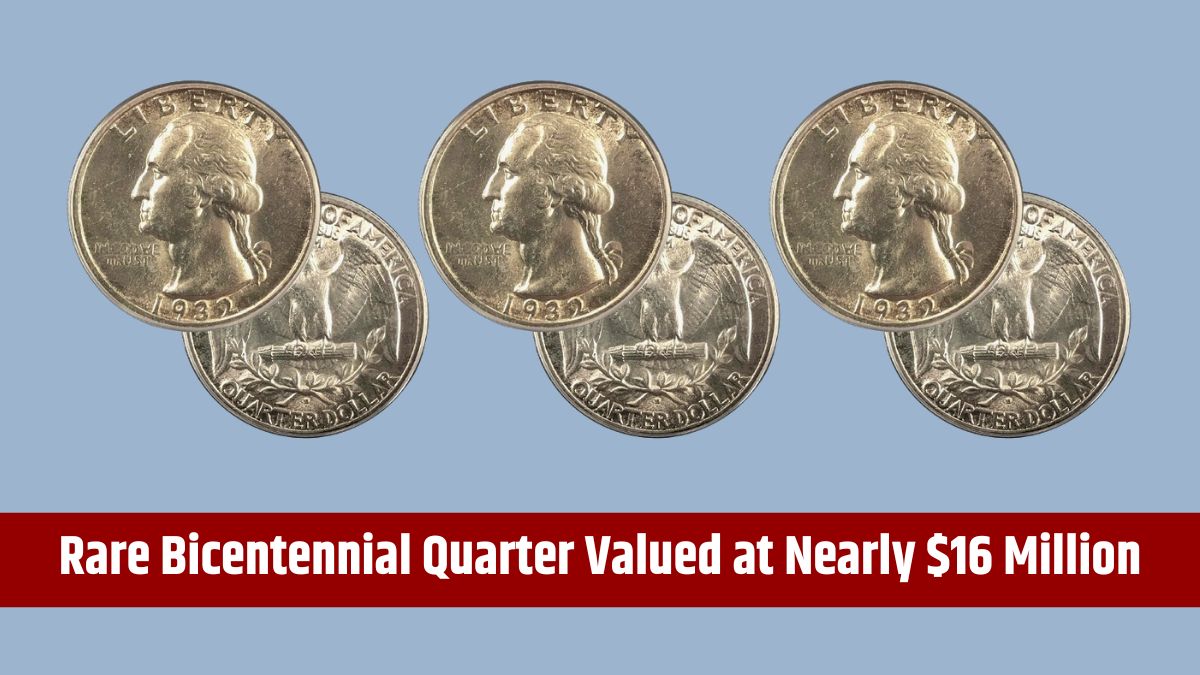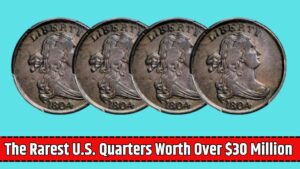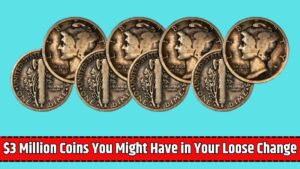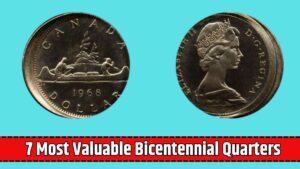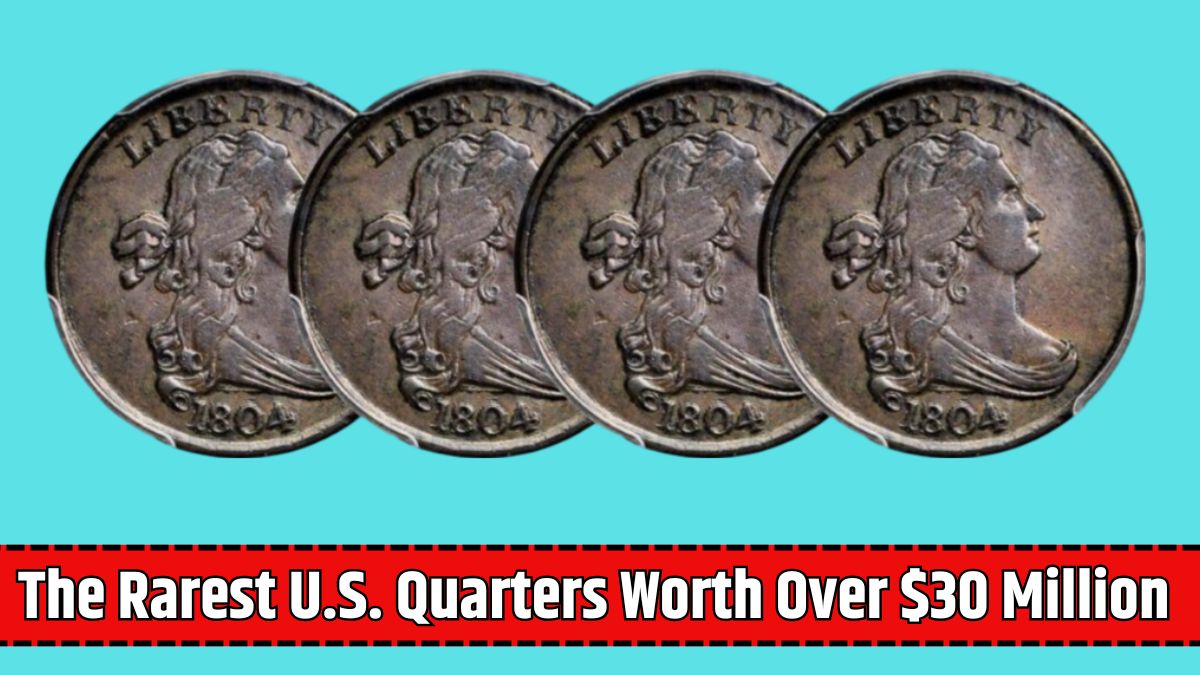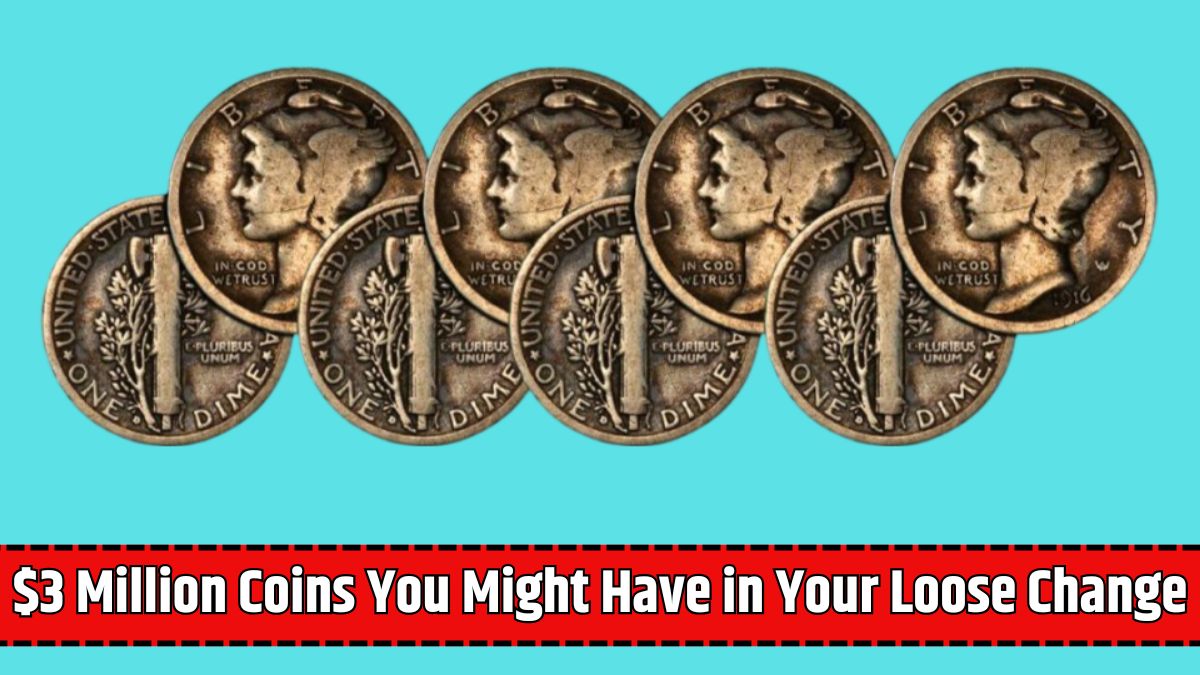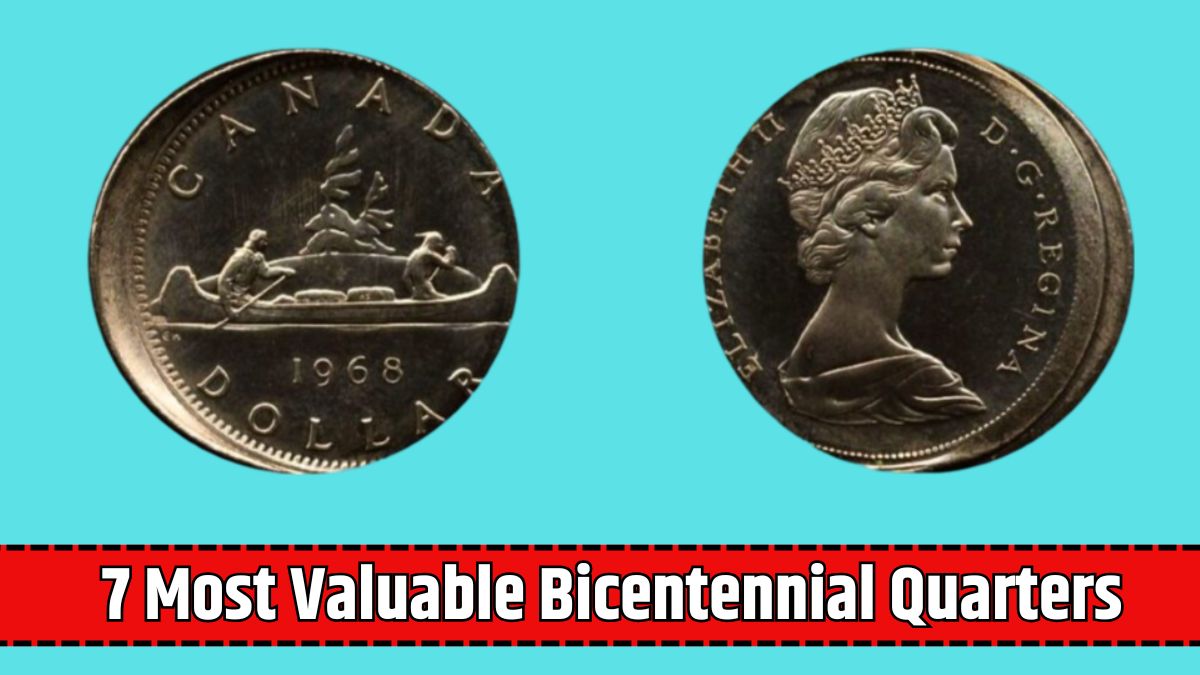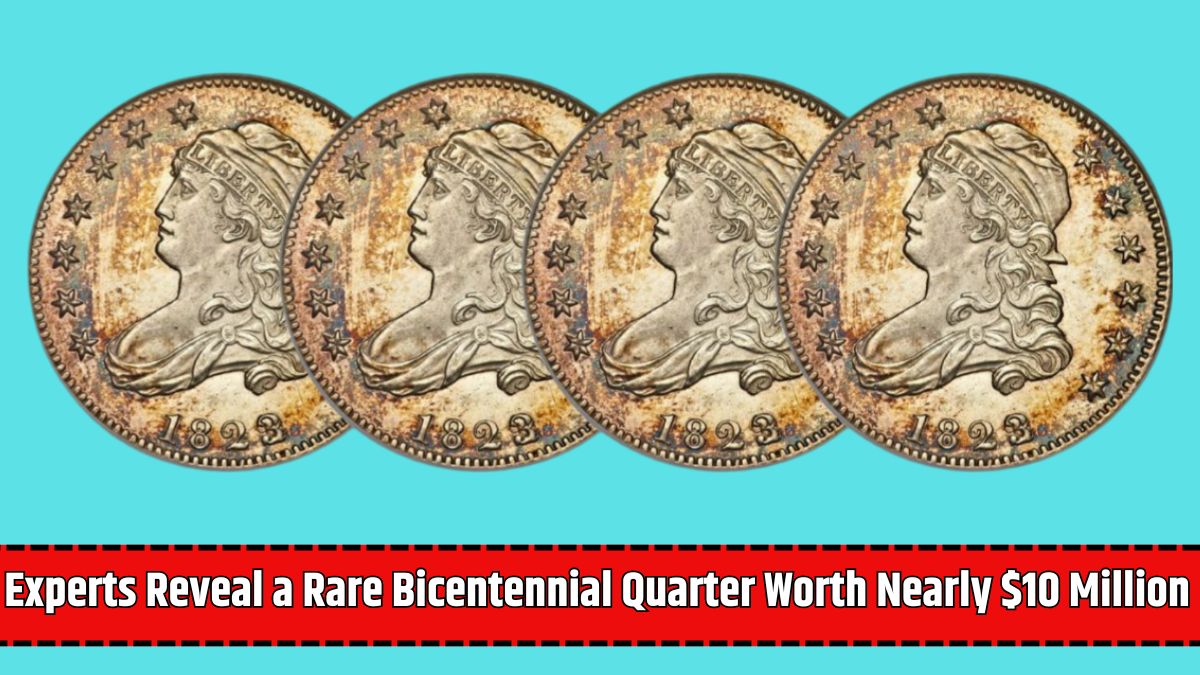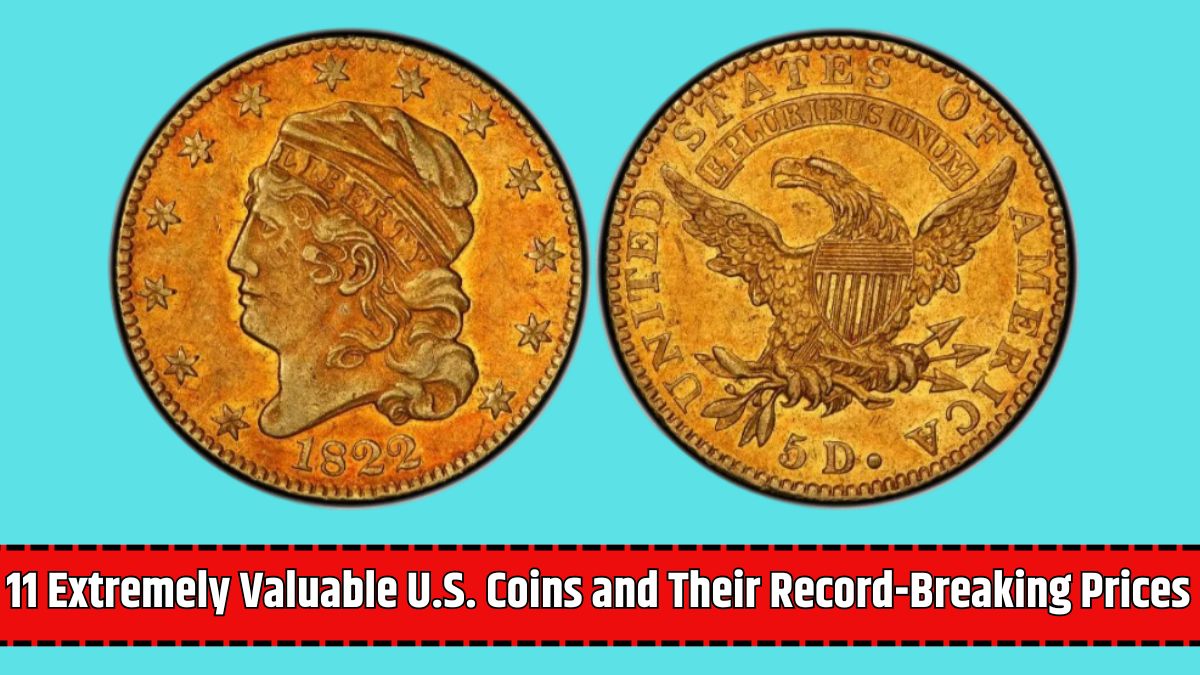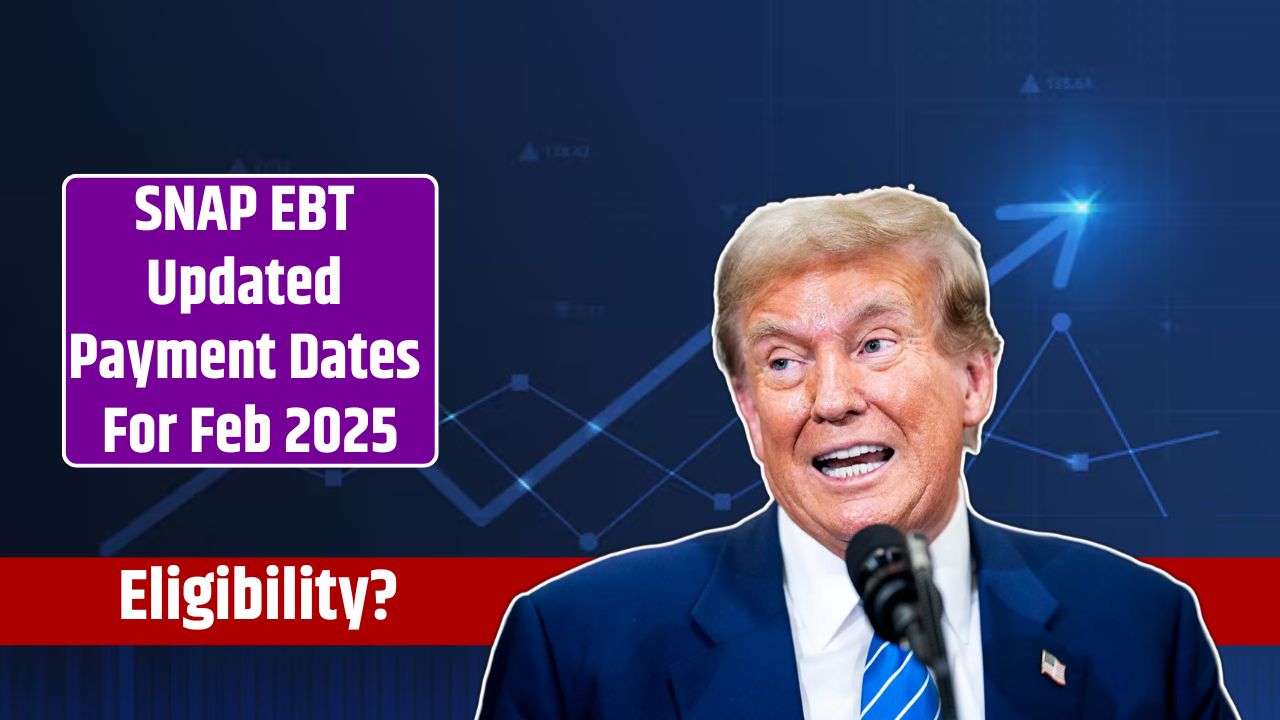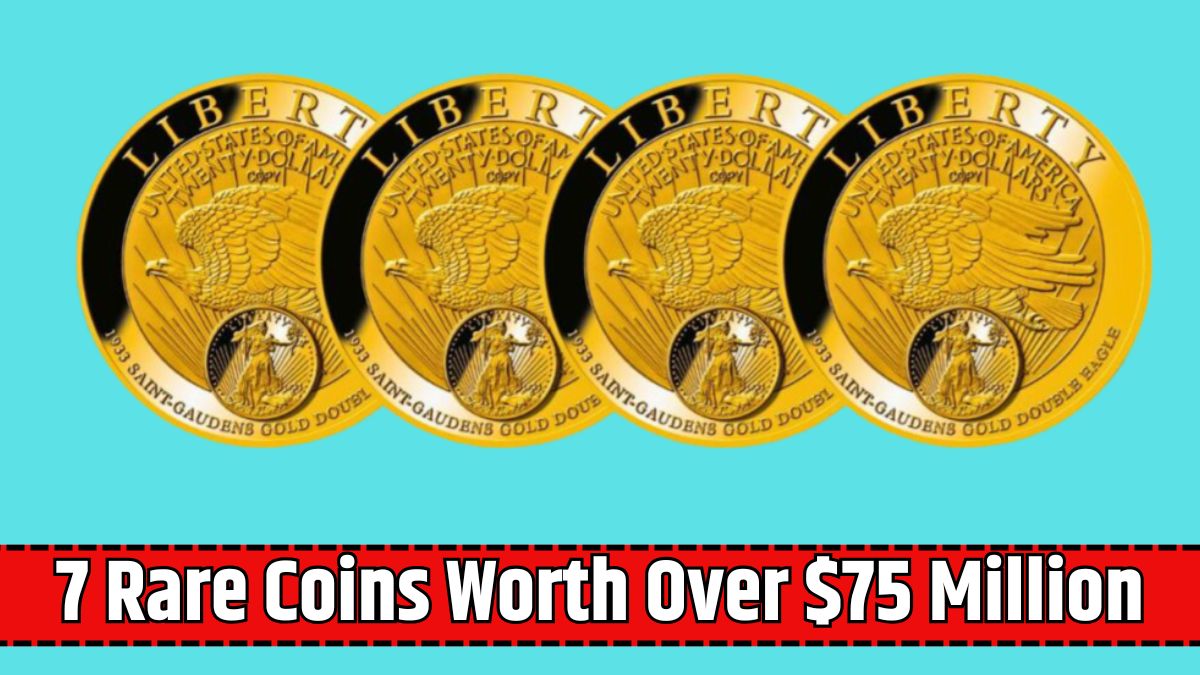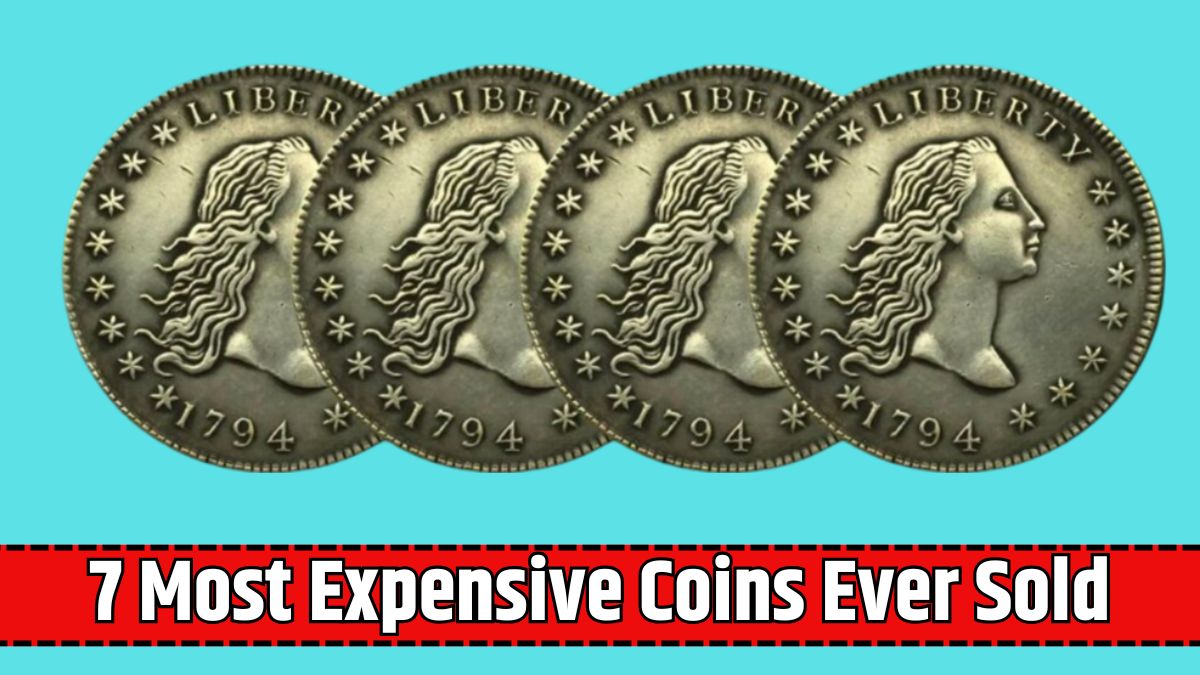The world of coin collecting is filled with fascinating stories, rare finds, and extraordinary treasures. Among these treasures, some coins have achieved staggering valuations, reaching over $50 million. This article looks into some of the most valuable coins in history, from the famous Bicentennial Quarter to medieval and early American rarities, cutting into their unique stories and why they command such high prices.
Bicentennial Quarter
Released in 1976 to commemorate the 200th anniversary of the United States’ Declaration of Independence, the Bicentennial Quarter is a common coin with an uncommon story. While most of these quarters are only worth their face value, a rare variant with a minting error recently sold for nearly $16 million. The error makes this quarter exceptionally rare, turning a simple piece of currency into a valuable collector’s item. Its historical significance and rarity make it one of the most coveted coins among numismatists.
1933 Double Eagle
The 1933 Double Eagle, a $20 gold coin minted during the Great Depression, stands as one of the most valuable coins in the world. Due to the economic crisis at the time, nearly all of the coins were melted down, making the surviving specimens exceptionally rare. The coin’s fascinating history and scarcity led to one being sold at auction for over $7.5 million in 2002, and it is now valued at approximately $75 million. This iconic coin represents a crucial period in American economic history.
Flowing Hair Dollar 1794/5
The Flowing Hair Dollar, minted in 1794 and 1795, holds the title of the first dollar coin issued by the U.S. federal government. Its design features Lady Liberty with flowing hair, an iconic image in American coinage. Due to its historical significance and limited number of well-preserved specimens, the Flowing Hair Dollar can fetch over $50 million at auction. Its value lies not only in its rarity but also in its representation of the early days of American currency.
Saint-Gaudens Double Eagle 1907
Designed by famous sculptor Augustus Saint-Gaudens, the 1907 Double Eagle is often regarded as the most beautiful coin ever minted in the United States. The coin’s high relief and intricate design make it highly desirable for collectors and art enthusiasts alike. A flawless example of this coin can be valued at more than $50 million, reflecting its artistic appeal and historical importance.
Brasher Doubloon 1787
The Brasher Doubloon, minted by goldsmith Ephraim Brasher in 1787, is one of the earliest known gold coins in the United States. Its estimated worth of around $50 million is justified by its rarity and the intriguing story of its origin. This coin is not just a valuable artifact; it’s a piece of early American numismatic history, representing the transition from colonial to federal currency.
Liberty Head Nickel 1913
The 1913 Liberty Head Nickel is a coin shrouded in mystery, as only five examples are known to exist. The origin of these coins remains uncertain, and the intrigue surrounding their production adds to their allure. Due to their extreme rarity, a 1913 Liberty Head Nickel has fetched prices upwards of $50 million, making it one of the most desirable coins in the numismatic world.
Edward III Florin 1343
The Edward III Florin, minted in 1343, is one of the most valuable medieval coins. Only three specimens are known to exist, adding to its rarity and historical value. As a coin from medieval England, it provides a glimpse into the European economy and coinage practices of the time. Its estimated worth of over $50 million reflects its age, historical significance, and scarcity.
Umayyad Gold Dinar 723
Dated 723, the Umayyad Gold Dinar is one of the earliest known Islamic gold coins. This coin is not just a piece of currency but also a significant artifact from Islamic history. A specimen of this coin sold for more than $50 million, underscoring its rarity and historical importance. As one of the earliest examples of Islamic coinage, it holds a special place in the world of numismatics.
| Coin | Year | Valuation (Millions) | Key Feature |
|---|---|---|---|
| Bicentennial Quarter | 1976 | $16 | Rare minting error |
| 1933 Double Eagle | 1933 | $75 | Survived Great Depression melt |
| Flowing Hair Dollar | 1794/1795 | $50 | First U.S. dollar coin |
| Saint-Gaudens Double Eagle | 1907 | $50 | High relief, intricate design |
| Brasher Doubloon | 1787 | $50 | Early American gold coin |
| Liberty Head Nickel | 1913 | $50 | Only five known specimens |
| Edward III Florin | 1343 | $50 | Medieval English gold coin |
| Umayyad Gold Dinar | 723 | $50 | One of the earliest Islamic coins |
These coins represent more than just financial worth; they carry stories of history, art, and intrigue. For collectors, they are not merely items to be bought and sold but pieces of history to be cherished and preserved. Whether it’s a modern coin like the Bicentennial Quarter or an ancient treasure like the Umayyad Dinar, each coin offers a unique glimpse into the past.
FAQs
Why is the Bicentennial Quarter valuable?
A rare variant with a minting error sold for $16 million.
What makes the 1933 Double Eagle rare?
Most were melted during the Great Depression, making survivors scarce.
How many Liberty Head Nickels exist?
Only five specimens are known to exist.
Why are medieval coins valuable?
Their age, rarity, and historical significance increase their value.
What is unique about the Umayyad Gold Dinar?
It is one of the earliest Islamic gold coins.

